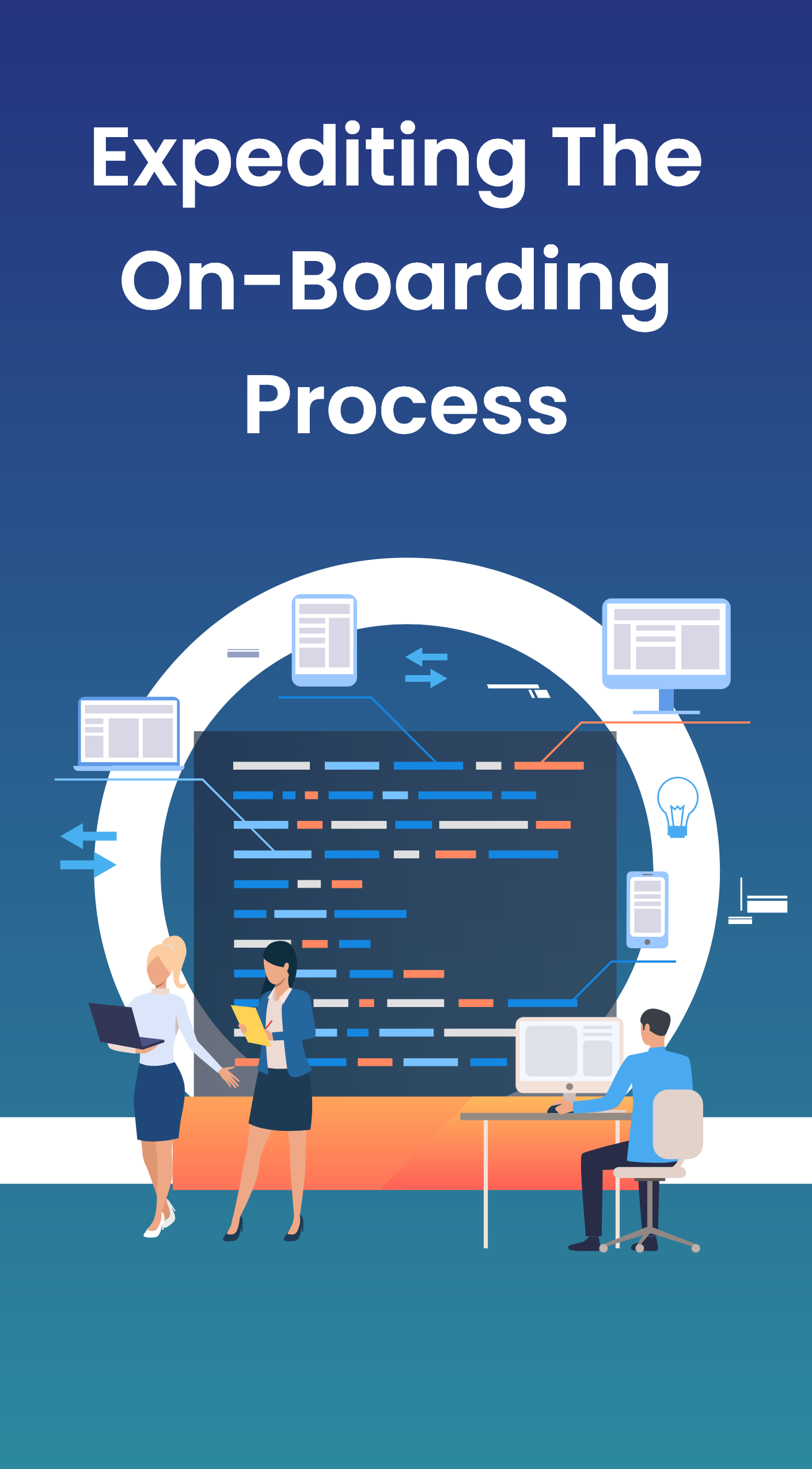Expediting The On-Boarding Process
Starting a new position, at a new company comes with an on-boarding process. Getting acclimated to the culture, workflow, and position is overwhelming at first, but you can get through it. The On-Boarding process is tricky, and annoying at times, but can be expedited. The most important factors are having the right expectations and truly […]

